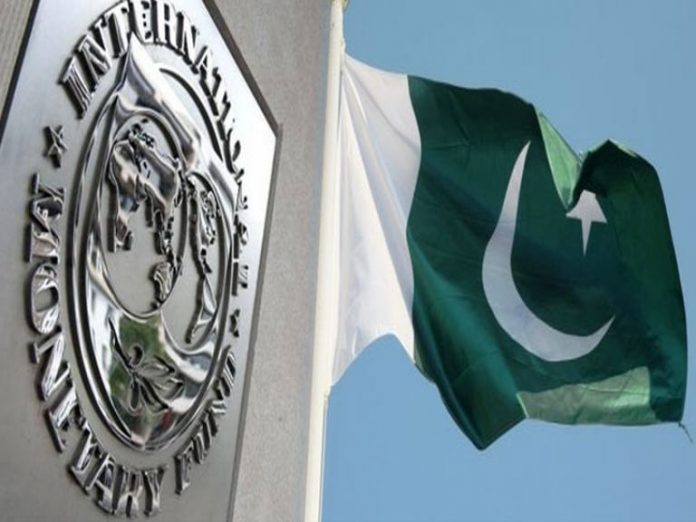ISLAMABAD: The FBR started the year with a revenue target of Rs. 7,471 billion for the current fiscal year 2022-23. However, after the negotiations with the IMF restarted, the fund put forth an even higher revenue target of Rs. 7,641 billion.
Keeping this new goal in mind the government introduced the mini budget of Rs. 170 billion, which was approved by the parliament, earlier this month. After the imposition of the new budget and the revised targets, the FBR now has to collect around 41% (Rs. 3,148) of the entire year’s tax in the last 4 months of the current fiscal year.
According to the latest data, the FBR has collected Rs 4,493 billion in the first eight months of the current financial year against Rs 3,820 billion collected in the corresponding period of last year depicting a year-over-year growth of 18%.
On a monthly basis, the department has collected Rs 527.3 billion against a budget target of Rs 527 billion during the month of February 2023. Even though this exhibited a growth of 16.3% compared to the same month last year, the taxation between the period of Jun-February, fell short by 212 billion, in the face of the revised targets.
However, with headline inflation breaching the 31% mark, there is only so much indirect tax that can be collected. The government has imposed 170 billion in additional taxes and if the targets are not met, more taxation is likely to be imposed at the cost of their political capital.
Owing to the mini budget, the FBR showed impressive performance during the third quarter. As per the provisional data, direct tax collection grew at 47% during the first eight months of the current financial year.
A consistent growth in direct taxes, particularly those from domestic sources, is, in large part, due to administrative and enforcement measures of the FBR. The contribution of domestic taxes has increased from 49.4% last year to 58.7% during the current year, pointing towards the success of policies aimed at reducing reliance on import duties and taxes.
Other possible disagreements with the IMF:
With this huge amount of tax remaining, it is as if the fund senses a collection shortfall. According to various sources privy to the development on the IMF-Pakistan negotiations, the fund is insistent upon maintaining the per unit financing cost surcharge on the electricity consumers, as opposed to just the four months that the government has already announced.
It is noteworthy that this means carrying out and sticking to the IMF conditions, even after the IMF program has ended.
Apart from that, a higher policy rate is also one of the contention points as reported earlier. However, that might be resolved in the preponed MPC meeting, which is supposed to take place on Thursday. The Fund also wants Pakistan to obtain written assurances for the bilateral financing that it claims it will obtain by the end of the fiscal year.
As per media reports, the IMF has estimated an all-inclusive financing gap of about $7bn for the current fiscal year against Pakistan’s projection of $5bn.





FBR’s revenue is really growing
IMF KI MAA KA BH*SRA
They owe u nothing, Pakistan is in this situation; due to mismanagement and corruption from day 1. If IMF is giving a loan,they need the assurance; their money will be returned. If u don’t want to hear remarks. Then make urself better, so u don’t have to beg.
I’m absolutely enchanted by this post.